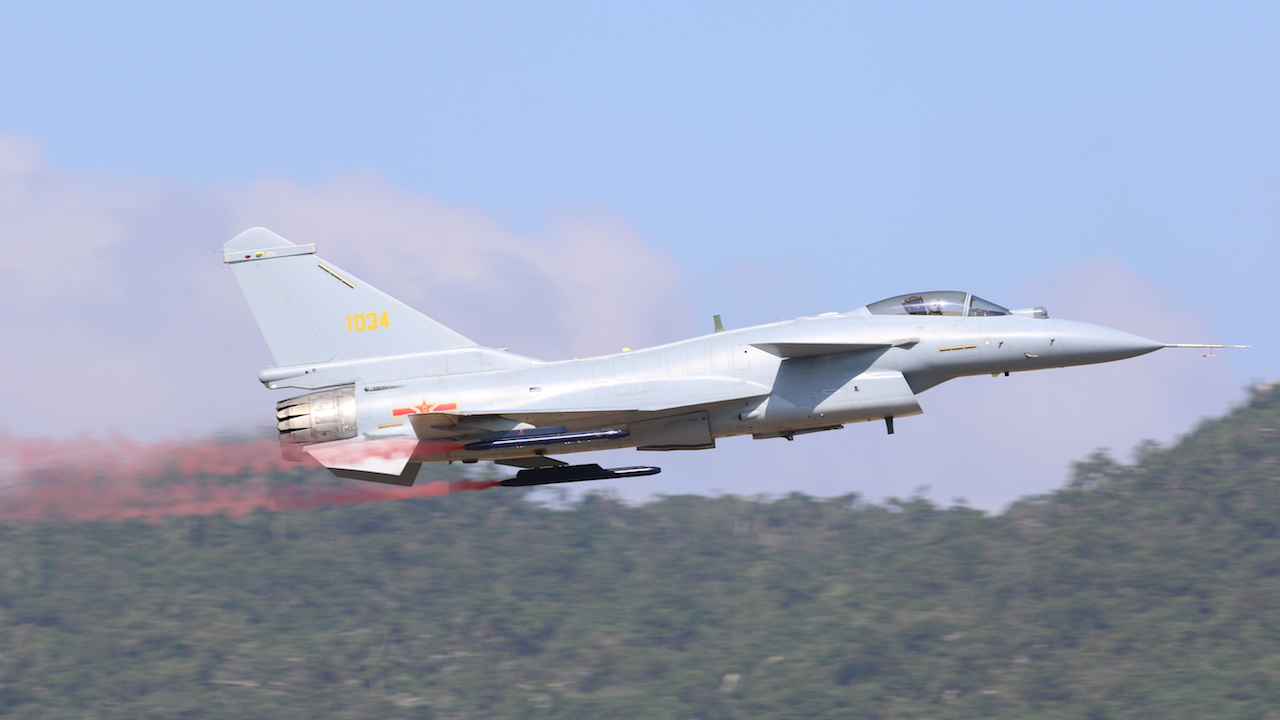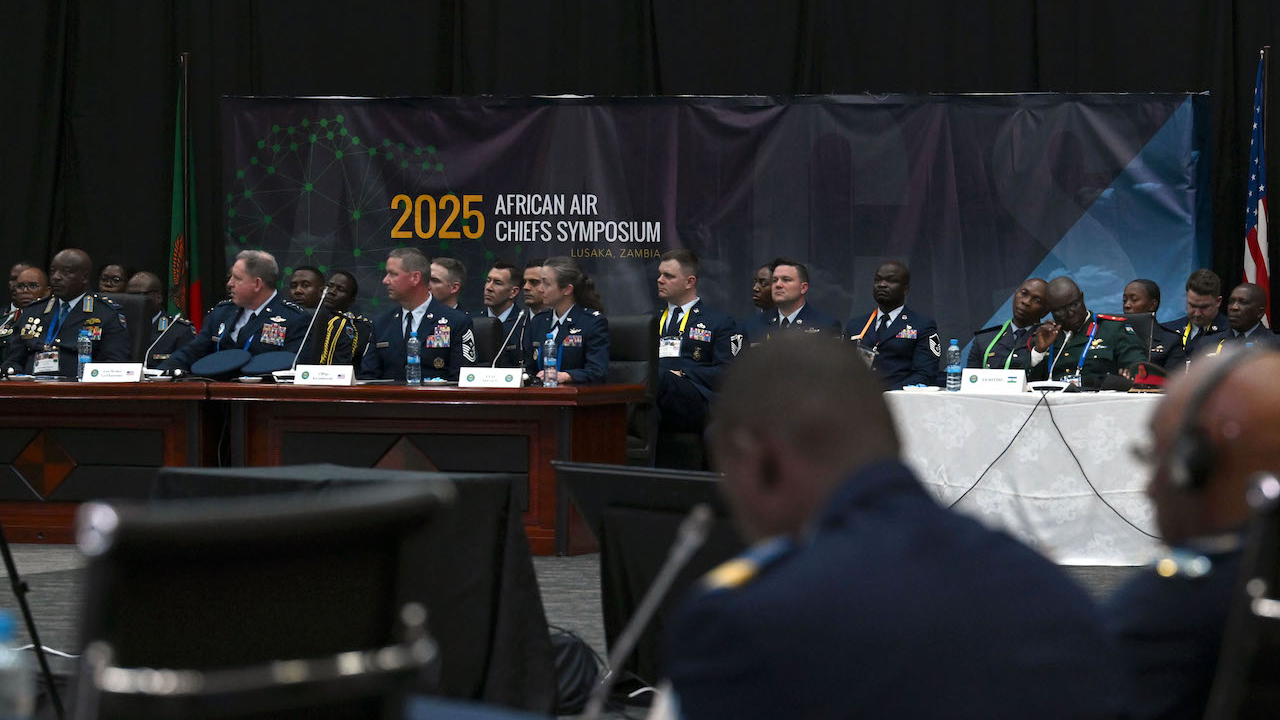Curry and Price
China’s aerospace industry is attempting to spread its tentacles all over Africa, even if money for most governments is tight. That’s not a problem though for Beijing, because underwriting deals by taking a share of the customer’s natural minerals instead can always be an option. Alan Warnes reports.

China's investment in African mining has fueled its growing demand for these resources, especially for electric vehicles and other technologies.
Developing its Silk Road initiative sea ports to control strategic trade routes has also been at play in Tanzania (Port Bagamayo) and Djibouti (Port Doraleh).
The Tanzania Air Force has operated a large number of Chinese aircraft for a while including the very capable Chengdu J-7G acquired in 2013. While Djibouti now serves Chinese military interests with its close proximity to the Gulf of Aden. Since the port project was founded in 2013, the Djibouti air force has taken on two Harbin Y-12E Turbo Pandas, one Harbin Z-9WE helicopter and a Xian MA60 transport aircraft.
According to the Stockholm International Peace Research Institute (SIPRI) at least 21 countries in Sub-Saharan Africa received large consignments of Chinese arms between 2019 and 2023.
Clearly it’s a revenue-driver and Chinese dealers hawk arms to African nations by offering cut-rate prices, and as one bewildered European sales person told the author “They carry wads of dollar notes in their briefcases to curry favour with the would-be customer. Its very frustrating.”
The Pakistan Air Force pulled off a huge marketing stunt for the Chinese during its recent spat with the Indian Air Force in early May. When the PAF’s very capable Chengdu J-10CE and Chengdu JF-17Cs, shot down five enemy aircraft, three of them being the highly-capable fourth-generation Dassault Rafale, with the very long range Chinese PL-15 air-to-air missiles, African air force chiefs must have taken notice.
The Nigerian Air Force operates both the Chengdu F-7 and JF-17, and could now look at the J-10CE as an option.
There is also continous speculation that Egypt has bought the J-10CE, and hosting the recent ‘Eagles of Civilisation 2025’ exercise when J-10Cs flew alongside Egyptian AF MiG-29M2s between April 19 to May 4. did nothing to dim that speculation.
There is no way the Egyptians can afford them, but President SiSi’s government could come to some barter agreement with its mineral resources, including copper, gold, silver, zinc, platinum, phosphate, iron ore and coal.
What the US would say is another matter, given it has ploughed billions of dollars of military aid into Egypt since the 1975 Camp David Accord. Using the Countering America's Adversaries Through Sanctions Act (CAATSA) initiative would curtail future US military aid to Egypt, which led to Cairo abandoning attempts to buy 24 Russian Su-35 Flanker-Es in 2019, even though the first batch were ready for delivery. These are now being delivered to Iran and Algeria.
The Egyptians are no strangers to Chinese fighters having operated a large number of Chengdu J-7s in the past, as have Namibia, Nigeria, Tanzania and Zimbabwe.
The Hongdu K-8 Karakoram light attack/jet trainer has also been a very popular purchase by African air forces – Egypt, Ghana, Namibia, Sudan, Tanzania, Zambia and Zimbabwe have all operated the type although the Ghana Air Force examples were grounded within a year or so because of a lack of support - a regular criticism of buying Chinese.
Africa has been a destination for some other more obscure light attack/jet trainers. Sudan bought six Guizhou FTC-2000Gs known as the JL-9, to replace its A-5 Fantans during 2016, deliveries were completed by 2018. Zambia in 2016 became the first and only export customers of the Hongdu L-15 attack/fighter trainer variant known as the JL-10 Falcon.
Like so many countries in Africa, Sudan and Zambia enjoy close relationships as major trading partners with China, and as Europe abandons much of Africa because of conflict, particularly in the Sahal region, there will undoubtedly be more business for China.
Stay up to date
Subscribe to the free Times Aerospace newsletter and receive the latest content every week. We'll never share your email address.

